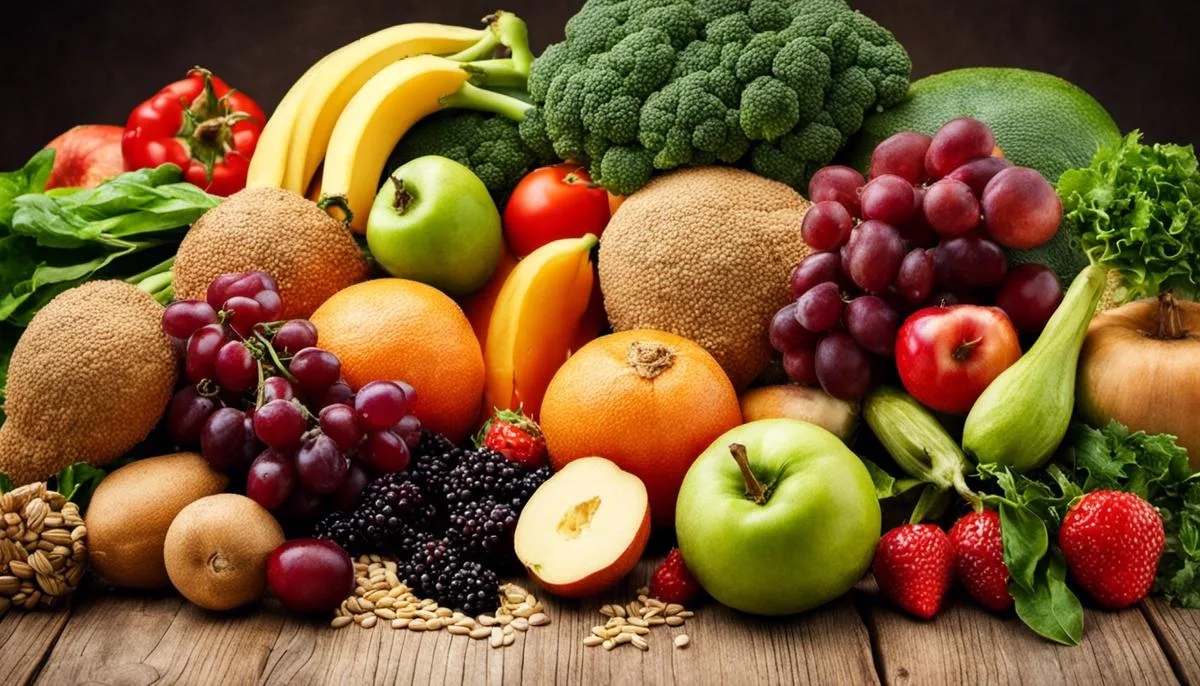Navigating the path to optimal health can be a daunting journey, made even more complex when introducing dietary restrictions into the equation. Amidst the myriad of diets that have taken the spotlight in recent years, veganism stands firm as not only a dietary choice but an entire lifestyle. This guide specifically focuses on formulating a sound vegan weight loss plan for women. It understands and respects veganism’s holistic approach that encompasses nutritional, ethical, and environmental perspectives, and attempts to provide insights that align with these principles. Embarking on this vegan journey requires a keen understanding of the diet’s principles, awareness of the specific nutritional needs of women, and the competence to plan and maintain a well-rounded vegan weight loss diet.
Understanding Basics of a Vegan Diet
Understanding Basics of a Vegan Diet
A vegan diet excludes all forms of animal-derived products, including meat, dairy products, poultry, and sometimes even honey. Instead, it focuses on plant-based foods that provide all the necessary nutrients your body needs to function effectively. Foods that fall under the vegan diet include fruits, vegetables, whole grains, legumes, nuts, and seeds, among others.
Key Principles of Vegan Diet and Weight Loss
One key principle of a vegan diet for weight loss is eating whole, plant-based foods that are rich in nutrients yet low in calories. These include fruits, vegetables, whole grains, and legumes. As these foods contain fewer calories, it is often easier to lose weight on a vegan diet.
Nutritional Considerations for Vegan Weight Loss
While planning a vegan weight loss plan for women, it’s essential to consider the nutritional aspect. Since women’s bodies often have specific nutritional needs, especially during menstruation, pregnancy, or menopause. The vegan diet needs to ensure appropriate nutrient intake, such as iron, calcium, and vitamin B12, which are commonly found in animal products.
Prominent Health Benefits of a Vegan Diet
A significant characteristic that sets veganism apart is the potential health benefits that come with adopting this diet. Studies have shown that a vegan diet can potentially lower the risk of heart disease, high blood pressure, type 2 diabetes, and certain types of cancer. Also, the high fiber content in whole plant foods helps facilitate digestion, improves gut health, and aids in weight loss.
Customizing an Effective Vegan Weight Loss Strategy
Understanding the basic principles of a vegan diet and their impacts on the body is crucial when tailoring a vegan weight loss plan for women. It’s important to ensure a balanced intake of macronutrients (carbohydrates, protein, and fats) and micronutrients (vitamins and minerals). Combining a balanced diet with regular exercise can help enhance weight loss and overall health. It’s also important to note that each woman’s body is unique. Therefore, a customized approach that addresses individual needs and preferences tend to yield the best results.
The Prohibited and Allowed Foods in Vegan Diet
While embarking on a vegan diet, it’s essential to understand that all animal-derived products are off-limits. This includes meat, dairy, eggs, honey, and gelatin, among others. Instead, your meals should be based on plant foods, such as fruits, vegetables, legumes, nuts, and whole grains. The variety in plant foods ensures a vast array of nutrients and offers numerous options to keep your meals diverse and appealing.
Numerous plant-based substitutions are available for traditional animal products. For instance, almond milk or soy milk could replace cow’s milk, while vegan cheese is often made from a variety of plant foods including nuts, soy, and root vegetables.
Easing into a Vegan Lifestyle
Adopting a vegan lifestyle can initially appear daunting, particularly for those who are used to consuming animal products. A smooth transition can be made by gradually introducing more plant-based foods into your meals and simultaneously reducing the consumption of animal-derived products. It’s crucial to become well informed about plant-based nutrition throughout this transition to ensure your diet remains balanced and nutritious. It could be beneficial to engage a registered dietitian or a professional specializing in vegan nutrition to help you meet your nutritional needs while simultaneously aiding weight loss.
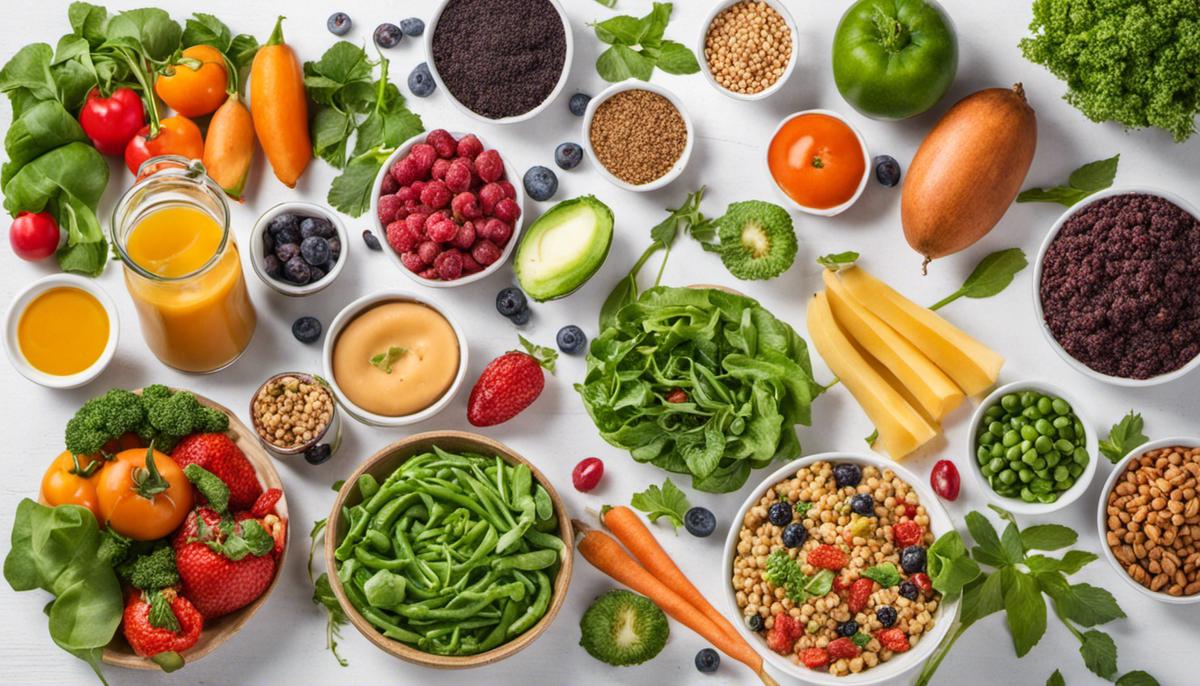
Nutritional Needs of Women
Comprehending Women’s Nutritional Needs
Switching toward a vegan lifestyle entails not just an awareness of vegan ethics, but also an in-depth understanding of how it affects women’s nutritional requirements. Specifically, women need to ensure they are getting enough iron, calcium, vitamin B12, and protein to maintain their overall health, wellness, and bodily functions.
Iron plays a crucial role in energy production and cognitive function as it assists in transporting oxygen to cells. Women, particularly those in their reproductive years, need an increased intake of iron due to menstrual losses. This requirement can be met through a vegan diet by consuming iron-rich foods like spinach, legumes, quinoa, and fortified cereals.
Calcium, responsible for protecting bone and teeth health, should not be compromised when transitioning to a vegan diet. Even though dairy products are a primary source of calcium, there are vegan alternatives like leafy greens, plant milk enhanced with calcium, tofu prepared with calcium sulfate, and calcium-fortified juices that provide adequate amounts of calcium.
Implementing a Vegan Weight Loss Plan for Women
Knowing how to implement a vegan weight loss plan effectively can seem challenging, particularly when focusing on nutritional needs. The key to successful weight loss on a vegan diet is balancing nutrients while maintaining an appropriate caloric deficit.
To achieve this balance, make sure to include a variety of fruits, vegetables, grains, and plant-based proteins in your daily diet. Remember to keep an eye on portion sizes and select nutrient-dense options over calorie-dense ones. For example, choose whole grain bread over white bread, or opt for fruits over sugary snacks for dessert.
Considerations for Vitamin B12 and Protein
Vitamin B12, crucial for nerve function and the production of red blood cells, is traditionally found in animal products. As such, vegans need to pay particular attention to their intake. Vegan sources of vitamin B12 include fortified plant milk, breakfast cereals, and nutritional yeast.
Women also require sufficient protein to support tissue repair, immune function, and growth. Luckily, many plant foods are rich in protein. Opt for tofu, lentils, chickpeas, quinoa, and nuts among others. Certain vegetables, like spinach and broccoli, also contain smaller amounts of protein.
Monitoring Health and Macro Nutrient Ratios in a Vegan Diet
When it comes to a vegan weight loss plan for women, it is also essential to monitor health. Regular blood tests can be beneficial to ensure that your body is absorbing and metabolizing nutrients properly.
Maintaining a balanced macronutrient ratio is important too. It’s recommended to derive about 40-50% of daily caloric intake from carbohydrates, 20-30% from fats, and 20-35% from proteins. This may vary based on individual nutritional needs and physical activity levels.
The Role of Supplements in a Vegan Diet
While following a vegan diet can be a healthy choice, it is essential not to overlook the necessity of supplements. Since a vegan diet may lack certain nutrients, it is often necessary to take supplements, especially for women, pregnant or nursing, to ensure they receive adequate B12, iron, and DHA (omega-3 fatty acid). Before incorporating any new supplement routine, it’s important to consult with a healthcare provider to ensure safe and necessary usage.

Planning a Balanced Vegan Weight Loss Diet
Strategizing an Efficient Vegan Weight Loss Plan
The primary step toward accomplishing your weight loss objectives is devising a personalized vegan weight loss plan. This involves a comprehensive comprehension of nutrient-rich foods that facilitate weight loss, while also maintaining a healthy and energetic physique. Constructing meals rich in fiber, lean proteins, and healthy fats, and minimizing the intake of processed and high-calorie foods, forms the bedrock of an effective vegan weight loss plan.
Emphasizing Portion Control
Along with choosing healthful foods, portion control plays a pivotal role in managing the calorie intake while keeping hunger and cravings at bay. Even indulging in large amounts of healthy food can lead to weight gain. Therefore, it is crucial to monitor proportions. Including a variety of foods from each food group and evenly distributing them throughout the day can help maintain balanced nutrition and prevent overeating.
Importance of Balanced Meals
A balanced meal is one that contains the right amount of nutrients from different food groups. Typically, meals should include a variety of vegetables and fruits, whole grains, legumes, and a minimum amount of oils and fat. Good sources of proteins that can be included in a vegan weight loss diet are lentils, tofu, seitan, tempeh, edamame, and chickpeas.
Avoidance of Processed Vegan Foods
A common pitfall when going vegan is the over-reliance on processed vegan foods. These products often marketed as ‘plant-based’ or ‘vegan’ can be misleading; many are processed and high in sugar, unhealthy fats, and sodium. Opting for whole, unprocessed foods as much as possible will yield the most health benefits and promote weight loss.
Sample Meal Plan
A sample day in a vegan weight loss diet for women might consist of a protein-packed breakfast with a bowl of quinoa, mixed with almond milk, blueberries, and a pinch of cinnamon. Lunch could be a chickpea salad made with fresh vegetables, a small number of seeds or nuts, and a light dressing. A healthy dinner might look like a plate of grilled tempeh with steamed broccoli and a side of quinoa or brown rice. Between meals, snacks like fresh fruit, a handful of nuts, or hummus with carrot sticks can help curb hunger and keep energy levels steady.
Incorporating Recipe Ideas
Recipe ideas that find a place in a vegan weight loss diet include veggie stir-fries, lentil soup, stuffed bell peppers, salad bowls, smoothies, and roasted vegetable dishes. Experimenting with herbs and spices can diversify the flavor profile of meals without adding excess calories.
Exercise and Vegan Weight Loss Diet
Physical activity paired with a balanced vegan diet can enhance weight loss efforts as exercise not only burns calories but also improves heart and bone health, supports healthy muscle mass, and boosts mood. Aim for at least 30 minutes of moderate aerobic activity or 15 minutes of vigorous activity every day.
Effective Vegan Weight Loss Plan for Women
An effective vegan weight loss diet for women hinges on careful planning, focusing on the intake of quality, nutrient-dense foods, engaging in regular physical activity, and proper portion control. It’s crucial to design a plan that aligns with one’s individual taste, needs, and lifestyle. This not only makes the regimen more enjoyable but also sustainable, aiding you in achieving your weight loss goal seamlessly.
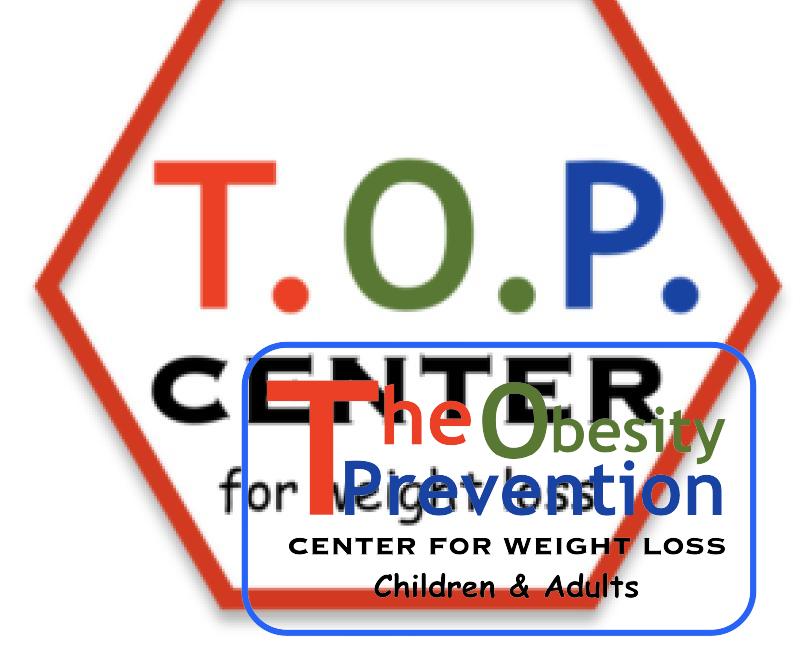
Maintaining a Vegan Weight Loss Diet
Ensuring Variety in Your Vegan Weight Loss Diet
Implementing a vegan weight loss plan means eliminating animal-based products from your diet and including an assortment of fruits, vegetables, whole grains, legumes, and nuts. However, success in a vegan weight loss regime extends beyond merely avoiding meat and dairy. It’s equally important to ensure your diet remains diverse and nutritionally balanced. A wide range of plant-based foods guarantees the intake of essential nutrients such as iron, protein, calcium, and vitamin B12, all of which contribute to the body’s functions and a healthy body weight.
Meal Preparation Tricks for Successful Vegan Weight Loss
Planning and preparing meals ahead of time is an effective strategy for maintaining a vegan weight loss diet. Preparing meals in advance reduces the likelihood of opting for less healthy, convenience alternatives when pressed for time. Incorporating various spices, sauces, and plant-based proteins like chickpeas, lentils, and tempeh will not only add flavor to your meals but also provide essential proteins required for muscle repair and growth. Also, using techniques such as roasting vegetables or using a slow-cooker can help bring out the naturally delicious flavors in plant-based foods.
Tips for Dining Out While On a Vegan Weight Loss Diet
Dining out doesn’t have to derail your vegan weight loss plan. Before heading to a restaurant, review their menu online for vegan-friendly options. Opt for dishes that feature whole foods as much as possible. Don’t be afraid to ask for substitutions or to have dishes made without particular ingredients. Additionally, limiting intake of alcohol and avoiding sugary and high-calorie beverages can aid in managing caloric intake for weight loss.
Common Challenges and How to Tackle Them in Vegan Weight Loss Journey
While transitioning to a vegan diet, you might experience some challenges such as cravings for animal products or difficulty in finding vegan-friendly foods while traveling. It is necessary to find healthy alternatives to satisfy those cravings, such as choosing fruits over sweets or having a handful of nuts instead of cheese. Including protein-rich plant foods like tofu, lentils or edamame in your meals can help you feel fuller for longer periods and avoid feeling deprived. For the obstacle of finding vegan foods while on the move, carrying healthy vegan snacks like fruits, dried fruit, or nut butter packs can be beneficial.
The Essential Role of Regular Exercise in a Women’s Vegan Weight Loss Plan
A weight loss plan extends beyond just a good diet; regular physical activity is of equal significance. Whether it’s walking, jogging, yoga, swimming, or lifting weights, these exercises not only burn calories but also enhance metabolism, improve mood and augment energy levels. Essentially, coupling a nutritious vegan diet with a regular exercise regimen can dramatically optimize weight loss. But, don’t forget to have a consultation with a healthcare professional before commencing a new workout program.
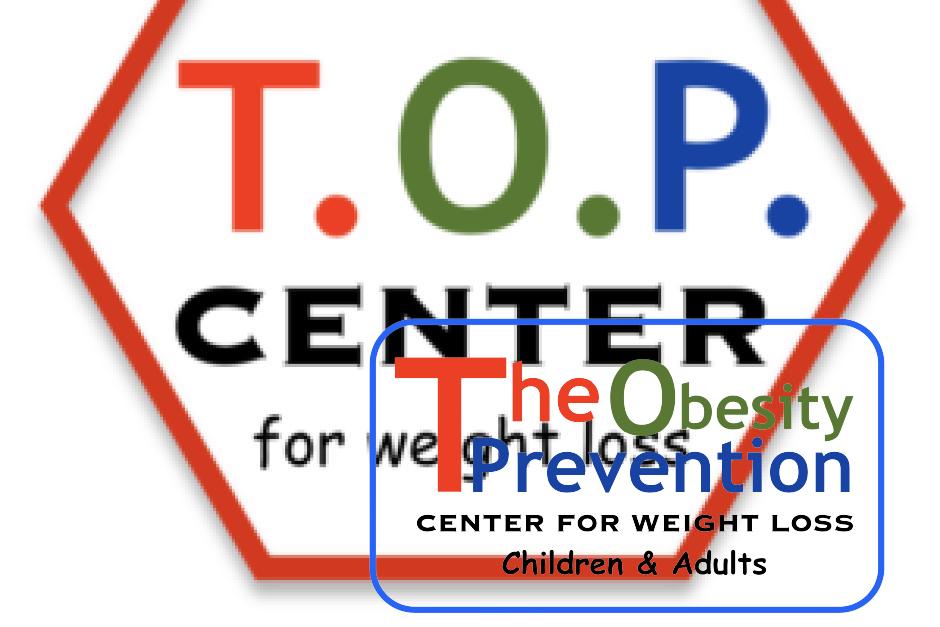
Physical Activity and its Role in Vegan Weight Loss
Beyond Dieting: Physical Activity as an Integral Part of a Weight Loss Plan
In fact, no weight loss plan is complete without incorporating physical activity. It’s a game-changer when it comes to calorie burning, muscle toning, and enhancing overall well-being, especially in a vegan weight loss plan.
Exercise, when paired with a nutrient-rich plant-based diet, delivers manifold health benefits. It not only ignites your metabolism but can also help you deal with stress that often accompanies a significant dietary lifestyle alteration, and drive your energy levels upward.
Suitable Exercises for Vegan Weight Loss Plan for Women
When implementing a vegan diet for weight loss, it’s essential to match it with a holistic exercise routine. This should include strength training, cardio exercises, and flexibility workouts to create a balanced fitness schedule.
- Strength Training: Strength training helps build lean muscle mass, which in turn increases the body’s metabolic rate, leading to more calories burned even at rest. Exercises such as resistance training, weightlifting, or bodyweight workouts can be effective.
- Cardiovascular Exercises: Cardio exercises like running, walking, cycling, or swimming can help burn calories and fat, leading to weight loss. They also improve heart health and endurance, contributing to overall fitness levels.
- Flexibility Workouts: Activities that improve flexibility, such as yoga or Pilates, help promote muscular balance, reduce the risk of injury, and can also aid in recovery from other, more strenuous exercises.
Creating an Effective Exercise Routine
Creating an exercise routine depends largely on personal preference, fitness level, and overall health. However, a reasonable starting point may include 150 minutes of moderate aerobic activity or 75 minutes of vigorous aerobic activity per week, combined with strength training exercises at least two days a week.
A well-rounded weekly workout plan might look something like this:
- Monday: Strength training
- Tuesday: Cardio (30 minutes of brisk walking, running, or cycling)
- Wednesday: Yoga or Pilates
- Thursday: Strength training
- Friday: Cardio (30 minutes of brisk walking, running, or cycling)
- Saturday: Flexibility workout or active rest day
- Sunday: Rest day
The Symbiotic Relationship Between Diet and Exercise in Weight loss
While diet and exercise can individually contribute to weight loss, the most effective approach harnesses the power of both. Vegan diets, which can be low in saturated fat and high in fiber, can help create the required calorie-deficit for weight loss. When paired with regular physical activity, this leads to more significant and sustainable weight management.
It is important to note that going vegan does not automatically lead to weight loss—calorie control is still key. Therefore, incorporating physical activity into your vegan weight loss plan ensures that you burn more calories than you consume, helping you reach your weight loss goals more effectively.
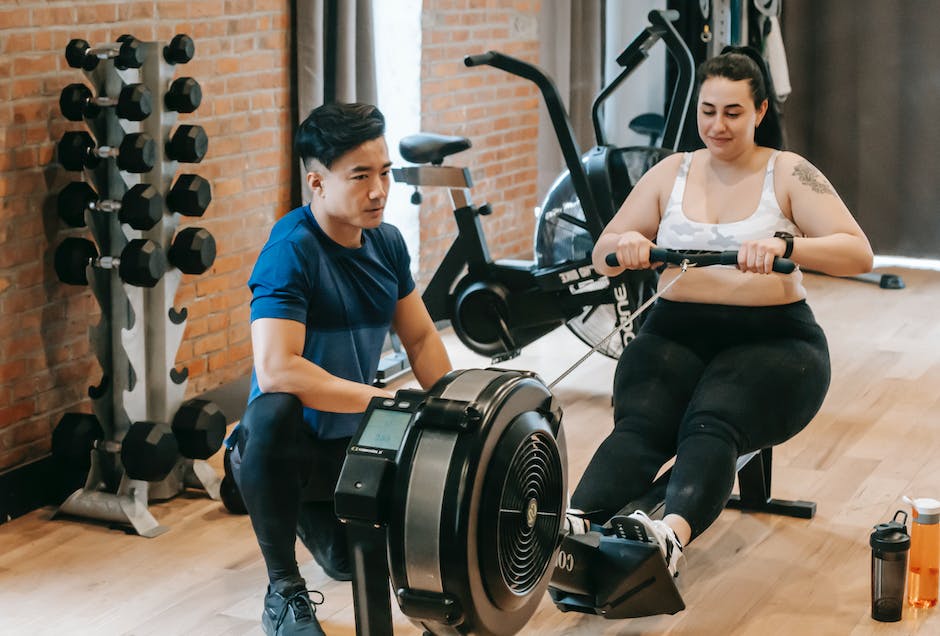
Transforming to a vegan lifestyle and maintaining a healthy weight does not have to feel like an uphill battle. In fact, by understanding the core principles of the vegan diet, appreciating the unique nutritional needs of women, creating a balanced weight loss plan, and incorporating physical activity, vegan weight loss becomes a feasible and enjoyable journey. Variety and creativity in meal ideas, as well as flexibility when dining out and preparing meals, can also add to the long-term sustainability of the diet. It’s important to remember that while this guide provides a framework for a vegan weight loss regime for women, each individual’s journey is unique and might require personalized adjustments. Health and weight management is not a destination but an ever-evolving journey of learning and growth.
Writio: Your AI content writer for websites and blogs. This article was crafted by the magnificent Writio.
Thank you for reading this post, don't forget to subscribe to our free newsletter
!
